A Comprehensive Guide to Buying and Exporting Vinyl Chloride Polymers from Rwanda
A Comprehensive Guide to Buying and Exporting Vinyl Chloride Polymers from Rwanda
Rwanda is a small country in East Africa with a population of 12 million. In recent years, it has become a major producer and exporter of Vinyl Chloride Polymers (VCPs). VCPs are an essential material for a variety of industries, including the automotive, construction, and medical industries, and Rwanda’s VCPs are highly sought after. If you’re looking to purchase VCPs from Rwanda, you’ll need to understand the country’s regulations and policies. This comprehensive guide will provide you with the information you need to buy and export VCPs from Rwanda successfully. Learn about the cost of VCPs, the different types of VCPs available, and the necessary paperwork involved in the export process. With this guide, you can be sure that you’ll have the knowledge and resources necessary to make your VCP purchase and export from Rwanda a success.
Overview of Vinyl Chloride Polymers (VCPs)
Vinyl chloride polymers, more commonly referred to as VCPs, are a synthetic material that is used in a variety of industries, ranging from construction to automotive. VCPs are an excellent material for a variety of applications, such as making parts for cars, machines, and medical devices. In fact, VCPs are so widely used that they account for 10% of the global chemical market. VCPs are also extremely versatile, as they can be molded into a variety of parts and products, including pipes, sheets, and tanks. VCPs are an essential material for a variety of industries, and are also very cost-effective. This is why VCPs are so heavily used around the world, and why they are such a profitable product to export. In fact, VCPs account for a significant portion of Rwanda’s exports to other countries.
Cost of VCPs from Rwanda
The cost of VCPs depends on several factors, including the grade of VCPs and the quantity you are purchasing. The grade of VCPs refers to the purity of the VCPs, with lower grades having a higher impurity content. The grade of your VCPs will affect the purity of your end product, which in turn will affect the cost of your end product. The cost of VCPs will also depend on the quantity of VCPs you are purchasing. The larger the quantity, the lower the cost per unit. It is important to note that the cost of VCPs will also depend on the supplier and the country you are sourcing your VCPs from. When purchasing VCPs from Rwanda, you can expect to pay anywhere from $1,200 to $1,400 per ton.
Different types of VCPs
VCPs are often sold as a mixture of PVC, vinyl acetate, and vinyl chloride, although the type of VCPs you purchase will depend on your specific needs.
PVC
PVC is the most common type of VCPs and is most commonly used for plumbing. PVC is also commonly used in the construction industry as siding, gutters, and flooring, and as insulation for electrical wiring. PVC is usually mixed with other VCPs, such as vinyl acetate, to create a high-grade VCP with a high purity.
Vinyl acetate
Vinyl acetate is a less common type of VCPs, although it is used in a variety of industries, including construction and the automotive industry. Vinyl acetate is often mixed with other VCPs to create a high-grade VCP with a high purity.
Vinyl chloride
Vinyl chloride is the third most common type of VCPs and is often used in the production of plastics. Vinyl chloride is often mixed with other VCPs to create a high-grade VCP with a high purity.
Regulations for purchasing VCPs from Rwanda
Before purchasing VCPs from Rwanda, it is essential to understand the country’s regulations. Before you can purchase VCPs from a supplier in Rwanda, you must have a business license, which is issued by the Rwanda Investment and Trade Authority (RITA). Your business license must include your name, your business address, your business activities, and your business registration number. Once you have your business license, you can then apply for a VCPs import license with the Department of Mines and Energy (DME). With this license, you can then purchase VCPs from a supplier in Rwanda. It is important to note that to purchase VCPs, you must have a minimum of 2,000 tons on order. Once you have purchased the VCPs, you can then apply for a permit to import the VCPs with the Rwanda Revenue Authority (RRA). When applying for the permit, you must prove that you have the necessary funds to pay for the VCPs.
Documentation required for exporting VCPs from Rwanda
When purchasing VCPs from Rwanda and exporting them to another country, you must be aware of the documentation required for the process. The first document you must obtain is a bill of sale for the VCPs, which you must present to the DME. Once the DME has verified the bill of sale, you can then apply for a permit to import the VCPs. With this permit, you can then complete your customs clearance procedures, allowing you to import the VCPs. It is also essential to obtain an invoice with your purchase of the VCPs, as well as a packing list, which will also be required when you apply for the permit to import the VCPs. To export the VCPs from Rwanda, you must obtain an export permit from the RRA. This permit will allow you to export the VCPs and pay the appropriate taxes. It is also essential that you obtain an export declaration, which will include the quantity, grade, and quality of the VCPs you are exporting.
Steps for importing VCPs from Rwanda
When importing VCPs from Rwanda, it’s important to plan ahead. Make sure you have all the necessary documentation and permits before you begin the process, as it can often take some time to obtain the necessary paperwork. Here are the steps for importing VCPs from Rwanda:
Benefits of buying VCPs from Rwanda
As previously discussed, the cost of VCPs from Rwanda will depend on the grade of VCPs you purchase. Higher grades of VCPs are lower in impurities, making them higher quality and more expensive. You can purchase lower grade VCPs at a lower price, but they will be less pure. This means that the impurities in the lower grade VCPs will transfer to your end product, lowering the quality of your end product. If you are purchasing VCPs for a product that requires high purity, it is essential that you purchase high grade VCPs. It is common to see impurities in lower grade VCPs because of environmental pollution. If you are purchasing VCPs for a product that requires high purity, it is best to purchase high grade VCPs from Rwanda. In addition to purchasing high grade VCPs, you will also be supporting the economy of Rwanda, as exporting VCPs is one of the country’s major industries.
Challenges of buying VCPs from Rwanda
As previously discussed, it is essential that you purchase high grade VCPs when purchasing VCPs from Rwanda. Low grade VCPs are often contaminated with impurities, which will pollute your end product. If you are purchasing low grade VCPs, you may experience problems when importing the VCPs into your country, as impurities in the VCPs will be a major contaminant. It is important to note that you may have to dispose of the VCPs and start over with a new shipment if you are importing low grade VCPs.
In addition to purchasing high grade VCPs, you will also need to make sure that your VCPs are accounted for during the import process. If your VCPs are not properly accounted for, you may experience problems at customs, as it is essential that all imported goods be accounted for.
Tips for successful VCP exports from Rwanda
To ensure success with exporting VCPs from Rwanda, it is essential to find a reliable supplier. When finding a supplier, it is essential to do your research to find a supplier that is reputable and reliable. Once you have found a reliable supplier, it is essential to establish a


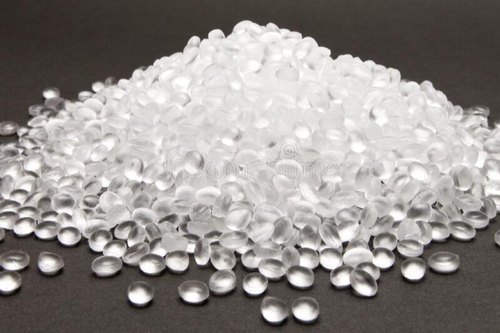
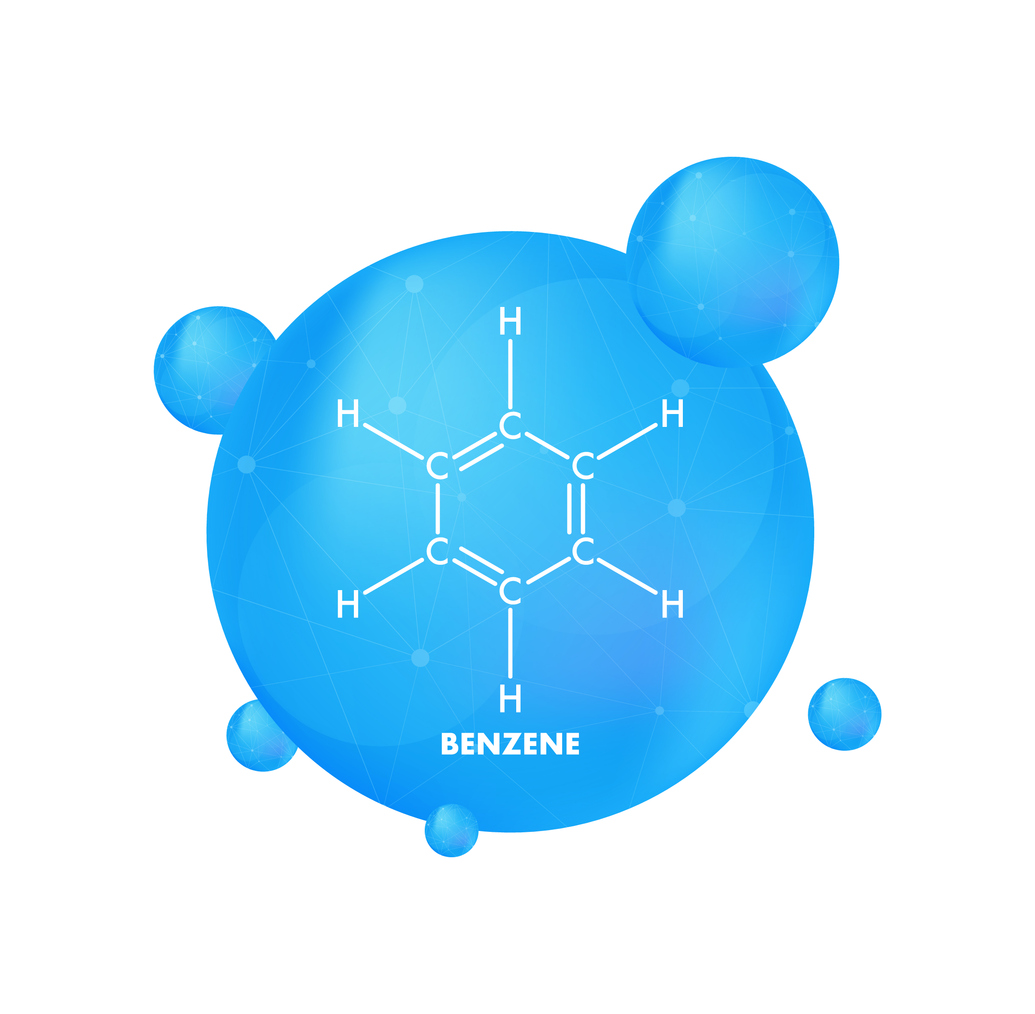
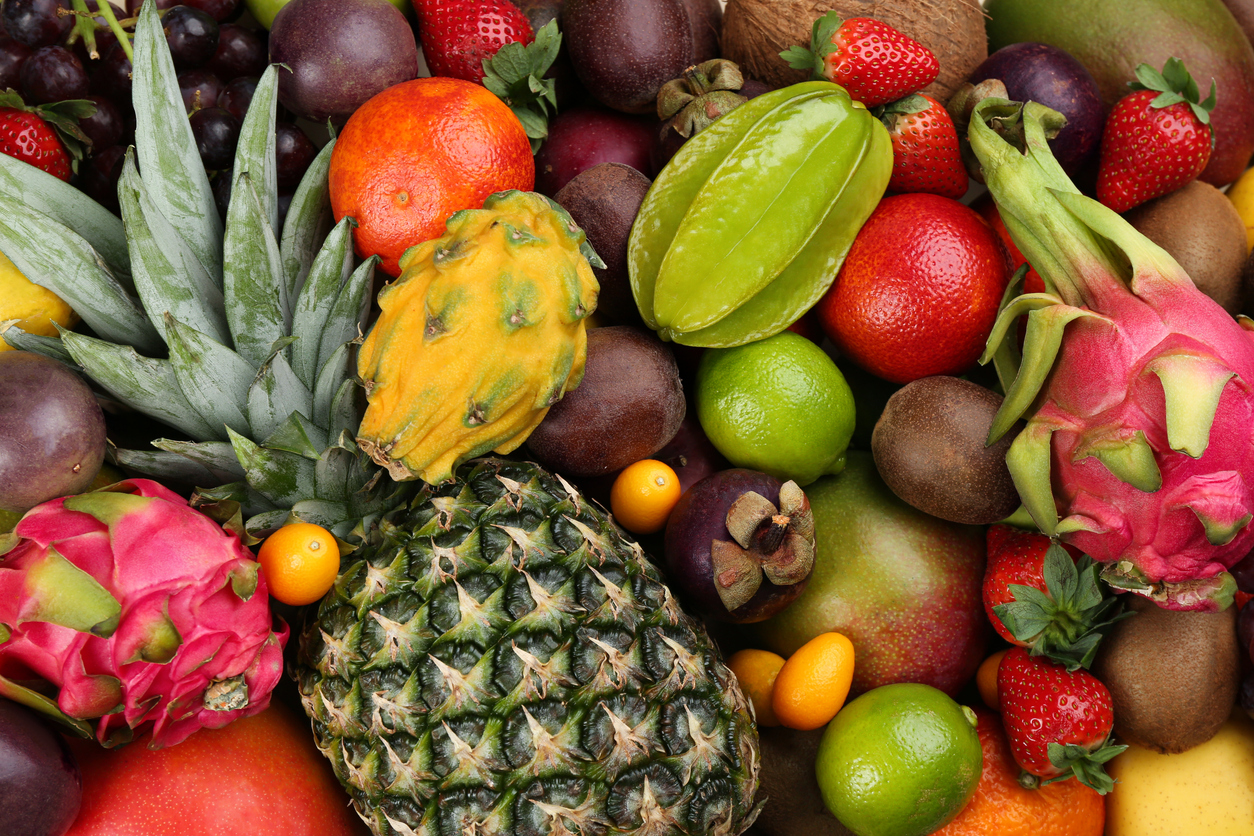
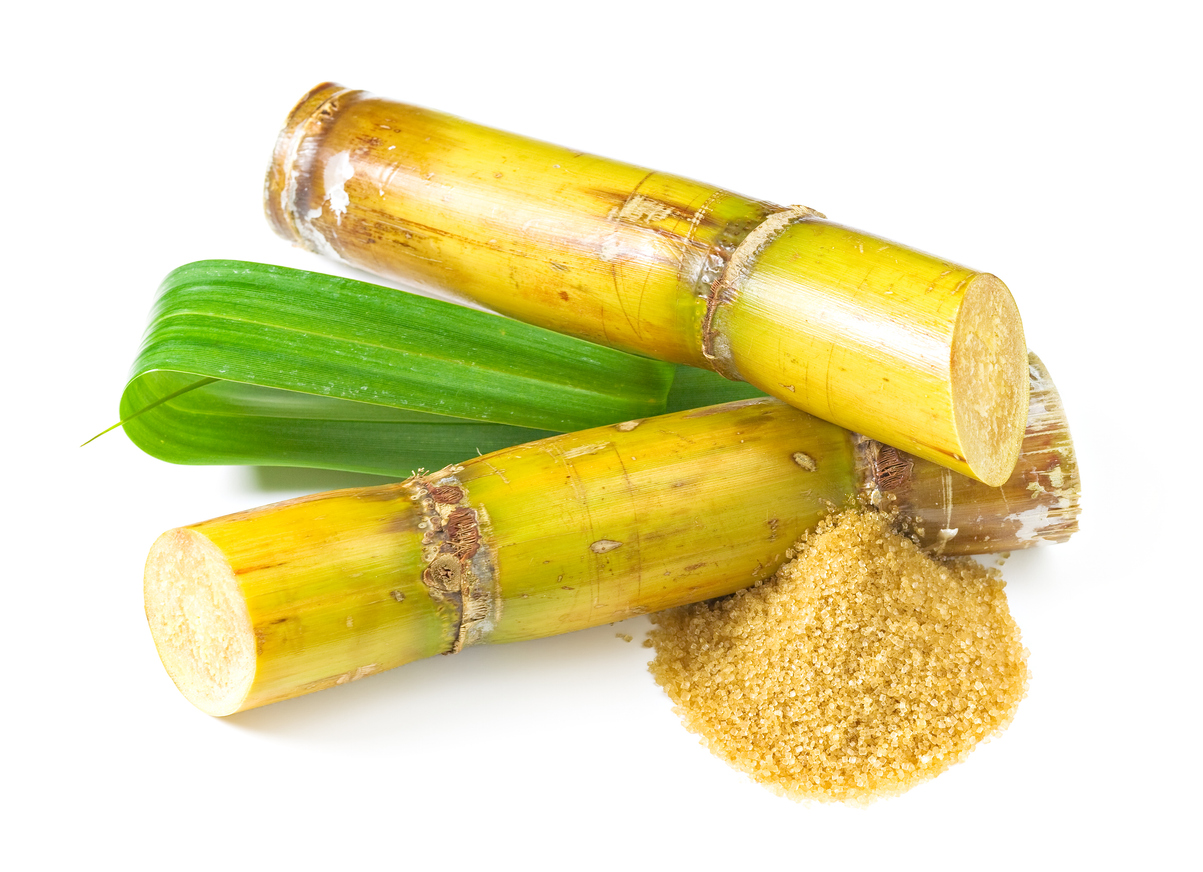
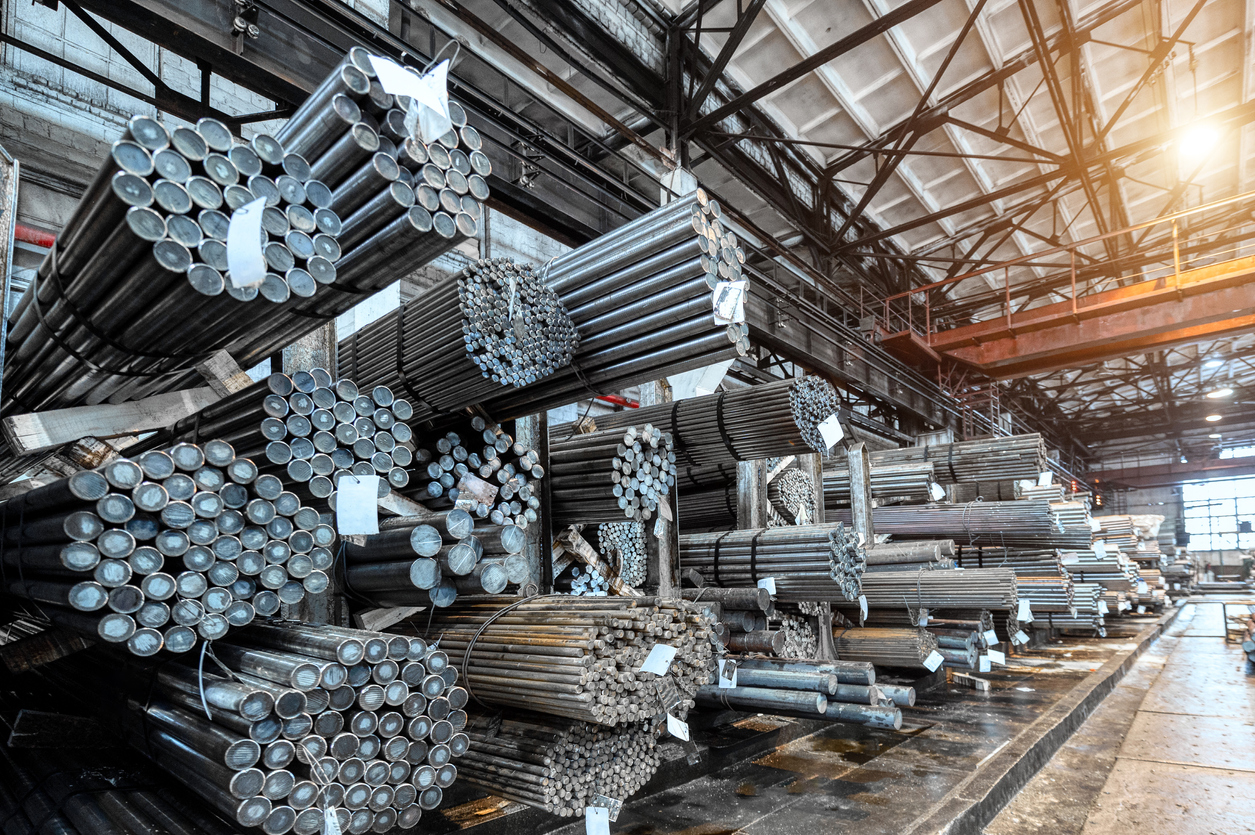
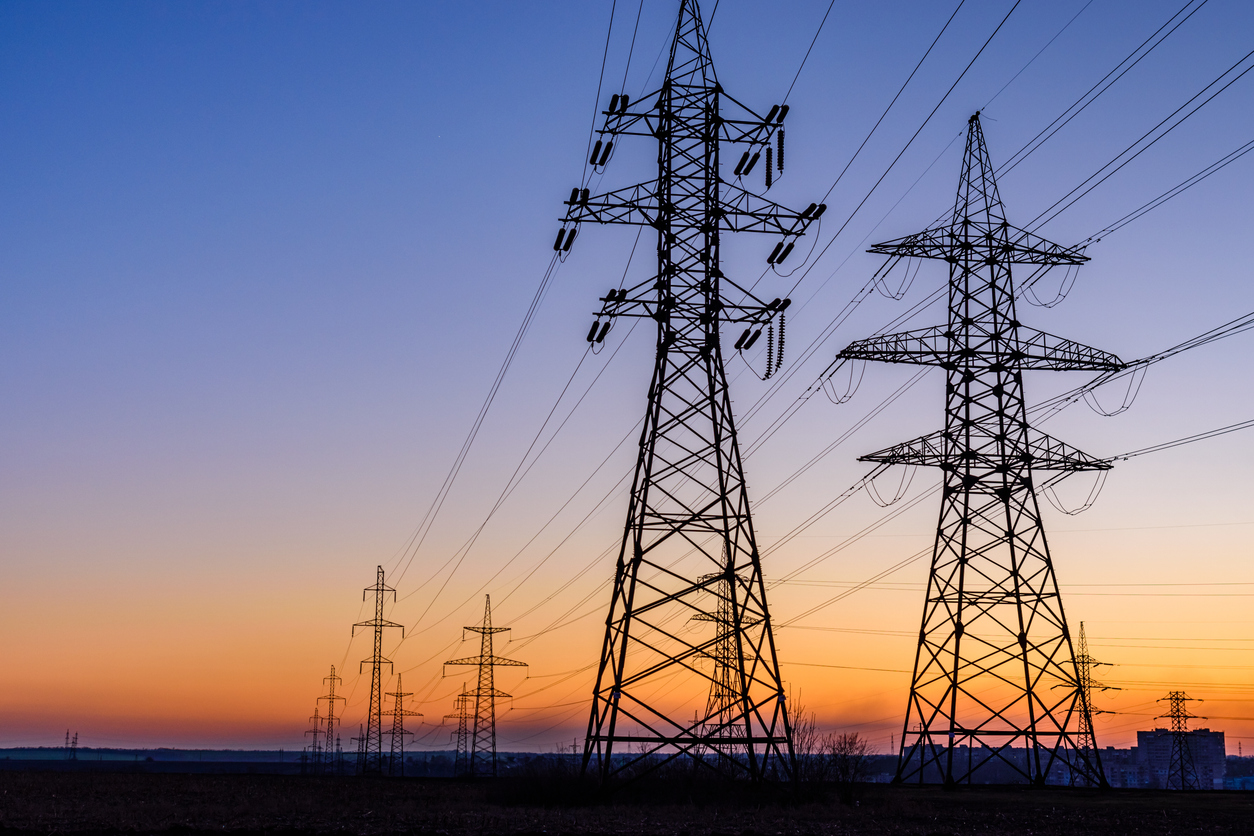
LEAVE A COMMENT
You must be logged in to post a comment.